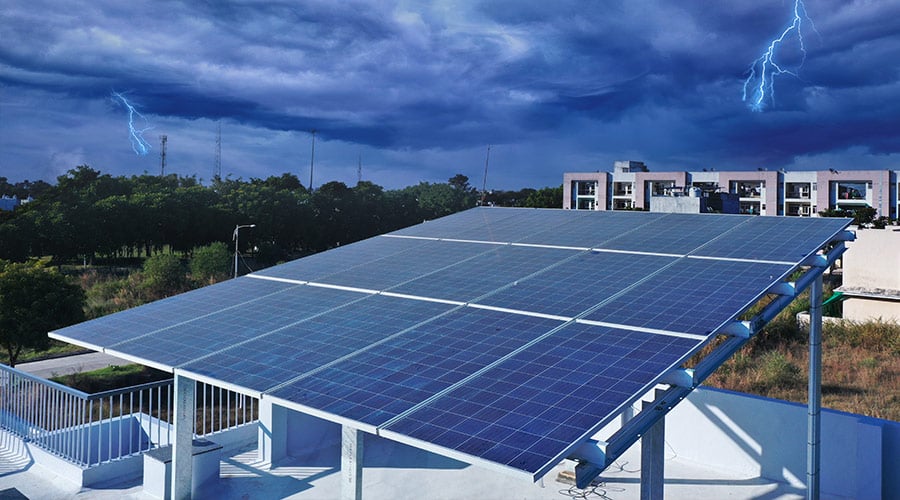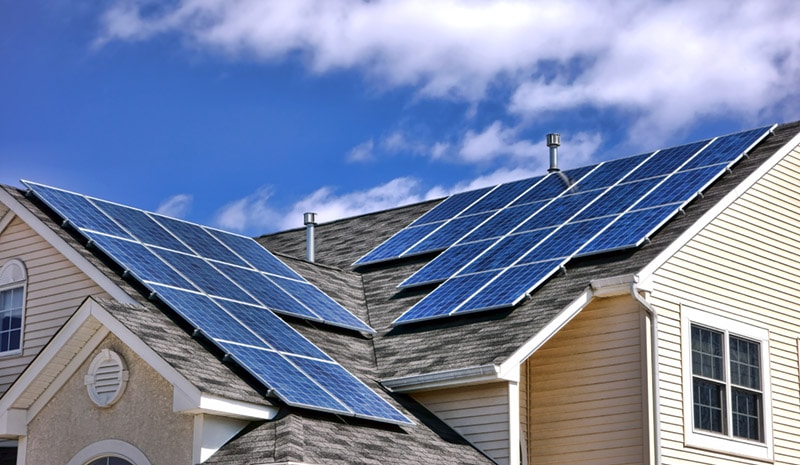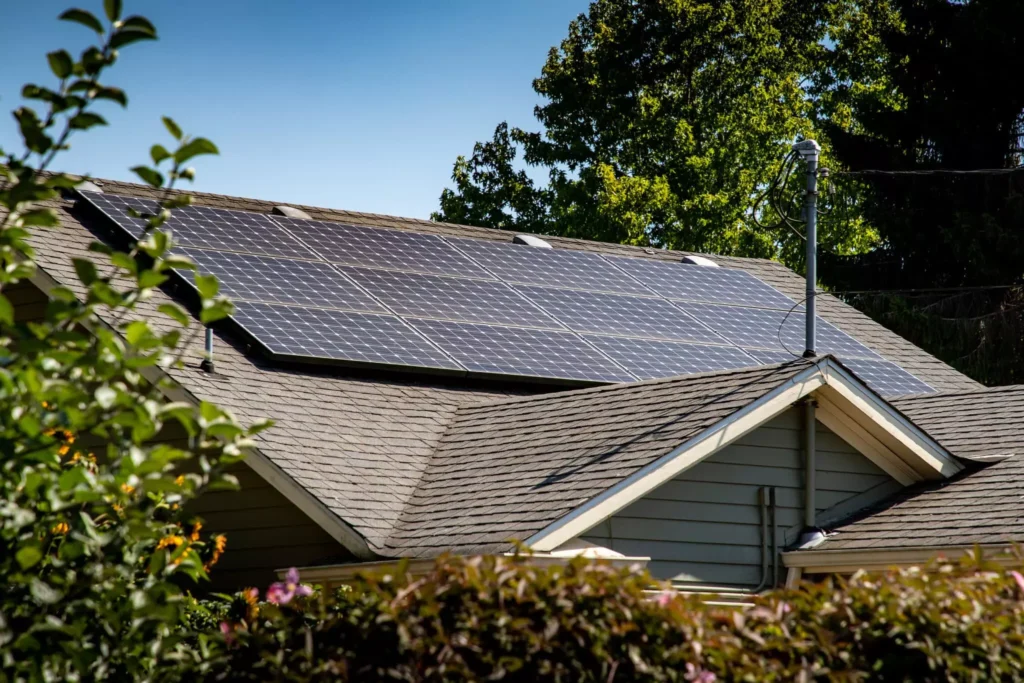Solar panels are gaining popularity among homeowners who want to save money and contribute to a greener planet.
But what exactly are solar panels, how do they function, and are they a smart investment for your home?
This article explains it all in simple terms, includes an expert opinion, and answers some common questions at the end.
What Are Solar Panels?
Solar panels, also known as photovoltaic (PV) panels, are devices that convert sunlight into electricity.
They’re made up of special cells, typically silicon, that generate electricity when exposed to sunlight.
This electricity is then converted into a form your home can use through a device called an inverter.
In the UK, solar panels are usually installed on rooftops, ideally facing south to capture the most sunlight.
Even on cloudy days, they can produce power, though they perform best in bright sunlight.
Why Consider Solar Panels?

One of the main reasons homeowners choose solar panels is to reduce their electricity bills. By generating your own power, you depend less on your energy supplier, which can lead to significant savings over time.
The average cost to install a solar panel system for a typical three-bedroom house ranges from £5,000 to £6,000. Although this upfront cost is substantial, the savings on your bills can offset the investment in about 10 to 15 years.
In the UK, the Smart Export Guarantee allows you to earn money by selling any excess electricity you produce back to the grid.
Expert Insight
James Elston, an expert from Green Central Solar Installations with over 20 years in the solar industry, captures the excitement around solar energy: “The future of solar energy is exciting, with plenty of innovations and advancements on the horizon.
Homeowners should consider installing panels now to join the solar energy revolution and start contributing towards net-zero emissions.” His perspective emphasises that solar panels are not just about savings but also about building a sustainable future.
Environmental and Property Benefits
Solar panels offer a major environmental advantage by producing clean energy that doesn’t release harmful gases, unlike fossil fuels.
This reduces your carbon footprint and supports the UK’s goal of achieving net-zero emissions by 2050.
Additionally, some studies suggest that solar panels can boost your home’s value, with estimates ranging from a 2% to 14% increase, depending on the housing market and your location.
Challenges to Consider
Solar panels aren’t ideal for every home. The initial cost can be a-sensor, and they work best in homes with ample roof space and good sunlight exposure.
If your roof is shaded by trees or buildings, or if it’s not structurally sound, you might face additional costs or reduced efficiency.
Maintenance is generally minimal, but you may need to clean the panels occasionally to ensure they perform at their best.
Are Solar Panels Worth It?

Whether solar panels are worth installing depends on your specific circumstances.
If your home gets decent sunlight and you can manage the upfront cost, the long-term savings and environmental benefits make them a compelling choice.
Government incentives and rising energy prices further sweeten the deal. However, if your roof isn’t suitable or you plan to move soon, the payback period might not align with your plans.
Final Thoughts
Solar panels can be a fantastic investment for many homeowners, offering savings, environmental benefits, and potential property value increases.
Before deciding, assess whether your home is a good fit and explore available incentives to maximize your investment.
FAQs About Solar Panels
How long do solar panels last?
Most solar panels come with a warranty of 25 years, but they can last even longer with proper care. Over time, their efficiency may decrease slightly, but they should still produce electricity for decades.
Can I install solar panels myself?
It’s not recommended to install solar panels yourself. Professional installation ensures safety, proper setup, and compliance with regulations. Certified installers also handle registration with your energy network.
What happens to solar panels at night?
Solar panels don’t generate electricity at night since they need sunlight. However, you can use battery storage systems to store excess power generated during the day for use at night.
Do solar panels work in winter?
Yes, solar panels work in winter as long as there’s daylight. They may produce less electricity due to shorter days and lower sunlight intensity, but they still function effectively.
Can I move my solar panels if I relocate?
While it’s possible to remove and reinstall solar panels when moving, it’s not always practical due to costs and potential damage. It’s often better to leave them and factor their value into your home’s sale price.

